World-renowned keynote speakers
G-STIC Conference October 2021
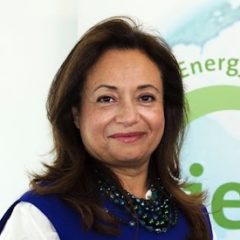
H.E. Amani Abou-Zeid
African Union Commission
Commissioner for Infrastructure and Energy
Commissioner for Infrastructure and Energy
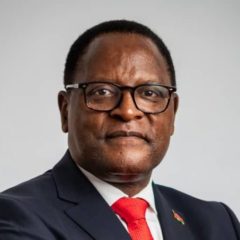
H.E. Lazarus Chakwera
Republic of Malawi
President
President
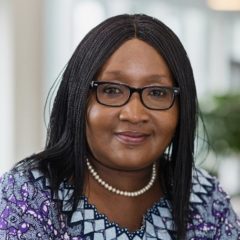
Rose Mwebaza
Climate Technology Centre and Network (CTCN)
Director
Director
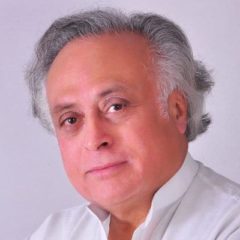
H.E. Jairam Ramesh
Former India Minister of Environment
Member of Parliament (Rajya Sabha)
Member of Parliament (Rajya Sabha)
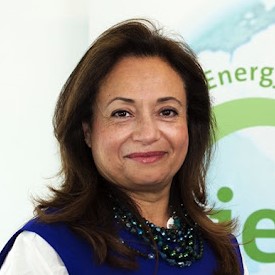
H.E. Amani Abou-Zeid
African Union Commission
Commissioner for Infrastructure and Energy
Commissioner for Infrastructure and Energy
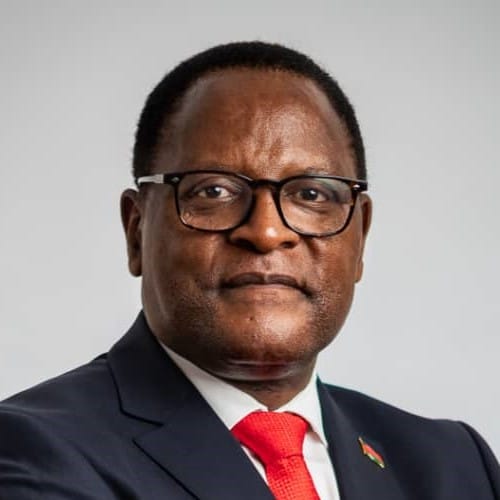
H.E. Lazarus Chakwera
Republic of Malawi
President
President
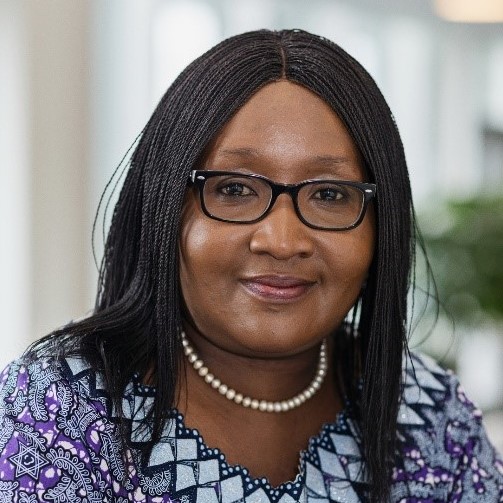
Rose Mwebaza
Climate Technology Centre and Network (CTCN)
Director
Director
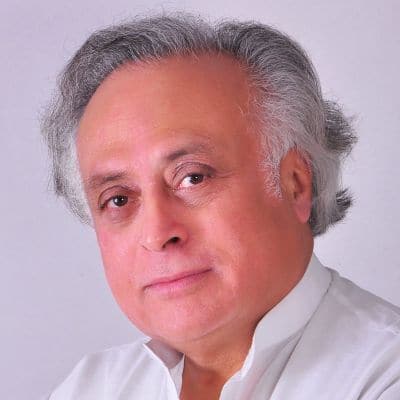
H.E. Jairam Ramesh
Former India Minister of Environment
Member of Parliament (Rajya Sabha)
Member of Parliament (Rajya Sabha)
TOP EXPERTS
G-STIC Conference October 2021
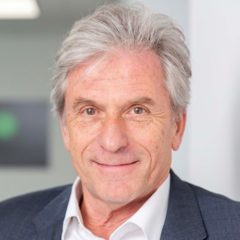
Rolf-Jürgen Ahlers
ProxiVision GmbH
Managing Director
Managing Director
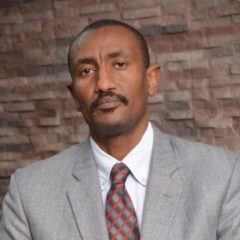
Rashid Ali Abdallah
Africa Energy Commission
Executive Director
Executive Director

Robert Armstrong
University of St. Andrews
Fellow in Energy Materials
Fellow in Energy Materials
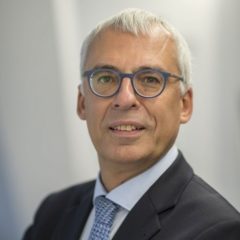
Luc Arnouts
Port of Antwerp
Director International Relations & Networks
Director International Relations & Networks

Yu Bai
Guangzhou Institution of Energy Conversion
Deputy Director Division of Science and Technology
Deputy Director Division of Science and Technology

Annemie Bogaerts
University of Anwerp
Professor Chemistry
Professor Chemistry
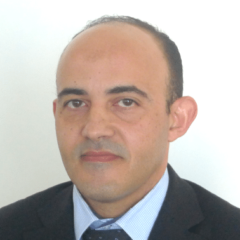
Hicham Bouzekri
Development and Industry Integration, MASEN
Director of Research
Director of Research

Christian Breyer
Lappeenranta University of Technology
Professor
Professor
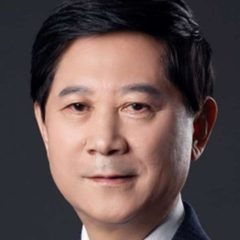
Yi-Bing Cheng
Wuhan University of Technology
Professor
Professor
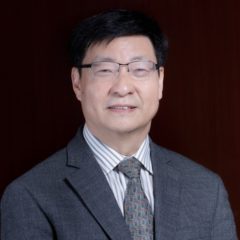
Xu Cheng-Zhong
Faculty of Science and Technology (University of Macau)
Dean
Dean
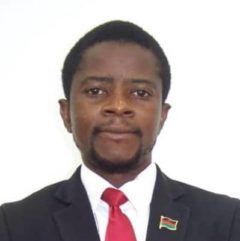
Cassius Chiwambo
Government of Malawi
Director Ministry of Energy
Director Ministry of Energy

Simon De Corte
Ghent University
Kickstart manager for materials valorisation
Kickstart manager for materials valorisation
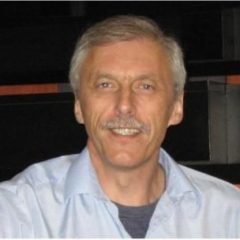
Viacheslav Dementev
Fescom Technologies LTD
Co-Founder and President
Co-Founder and President
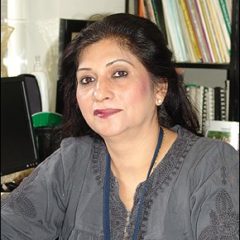
Vibha Dhawan
TERI
Director-General
Director-General

Walter Eevers
VITO
Director of Research & Development
Director of Research & Development
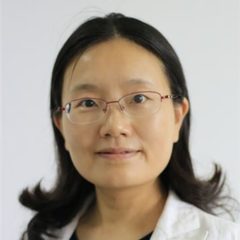
Li Huiyun
Automotive Electronics Research Center
Director
Director
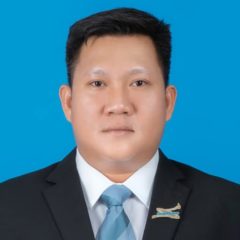
Pinit Kidkhunthod
SUT-NANOTEC-SLRI XAS beamline (BL5.2)
Beamline Manager
Beamline Manager
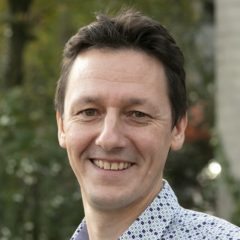
Filip Lefebre
VITO
Urban Climate Service Manager
Urban Climate Service Manager
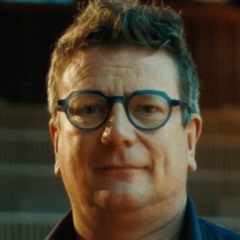
Jan Mertens
ENGIE
Chief Science Officer
Chief Science Officer

Musonda Mumba
UNDP, Rome Centre for Sustainable Development
Director
Director

David Nevicato
(TBC)
Total
CCUS Business Development
CCUS Business Development
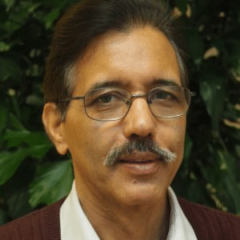
Jyoti Prasad Painuly
UNEP Denmark Technical University Partnership
Senior Researcher
Senior Researcher

Deepak Pant
VITO
Senior Scientist
Senior Scientist

Li Qiran
Shenzhen Institutes of Advanced Technology Chinese Academy of Sciences
Principal Investigator
Principal Investigator
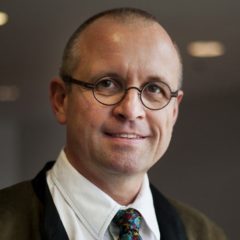
Volker Sick
University of Michigan
Professor Mechanical Engineering
Professor Mechanical Engineering
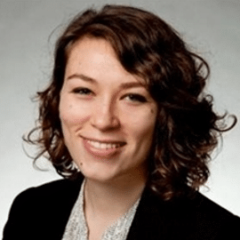
Emma Smith
British Embassy Beijing
Deputy Head of the Energy Policy Team
Deputy Head of the Energy Policy Team
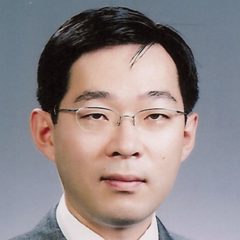
Cha Suk Won
Seoul National University
Professor Department of Mechanical Engineering
Professor Department of Mechanical Engineering

Swenja Surminski
Climate Change & the Environment
Deputy Director
Deputy Director
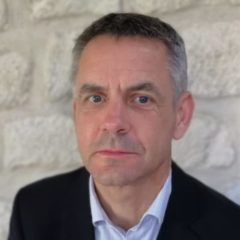
Mark Tandy
TOTALEnergies
Senior Business Developer
Senior Business Developer
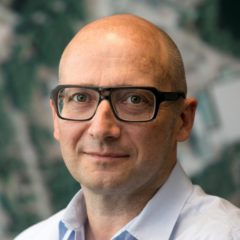
Jan Vaes
VITO
Program Manager Sustainable Chemistry
Program Manager Sustainable Chemistry

Griet Verstraeten
Department of Environment
Policy Officer Climate Adaptation
Policy Officer Climate Adaptation
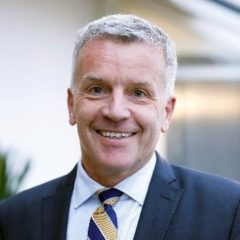
Eirik Wærness
Equinor
Senior Vice President and Chief Economist
Senior Vice President and Chief Economist
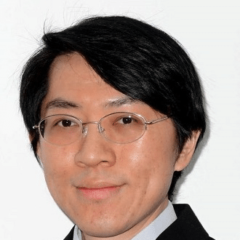
Pak Kin Wong
Faculty of Science and Technology (University of Macau)
Professor, Department of Electromechanical Engineering and Associate Dean (Academic Affairs)
Professor, Department of Electromechanical Engineering and Associate Dean (Academic Affairs)
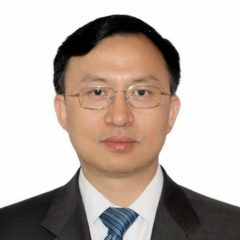
Lu Xuedu
Asian Development Bank (ADB)
Lead Climate Change Specialist
Lead Climate Change Specialist

Rywon Yang
Green Technology Center
Senior Researcher
Senior Researcher
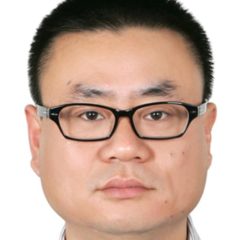
John Zhang
International Technology Transfer Network (ITTN)
Secretary General
Secretary General
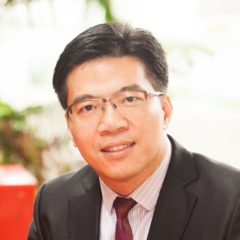
Shanqing Zhang
Griffith University Australia
Professor School of Environment and Science
Professor School of Environment and Science
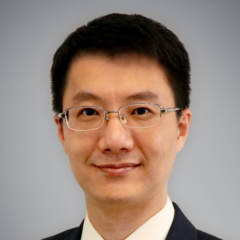
Zijian Zheng
Research Institute of Intelligent Wearable Systems
Associate Director
Associate Director
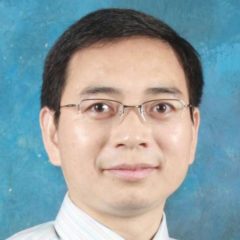
Dalong Zhong
National Institute of Clean-and-Low-Carbon Energy
Chief Scientist
Chief Scientist
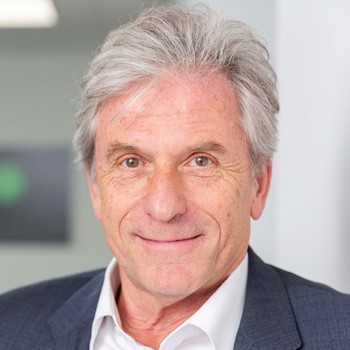
Rolf-Jürgen Ahlers
ProxiVision GmbH
Managing Director
Managing Director
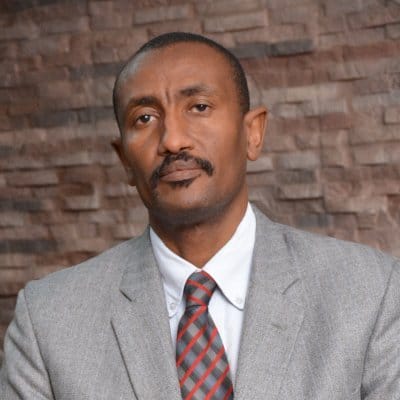
Rashid Ali Abdallah
Africa Energy Commission
Executive Director
Executive Director
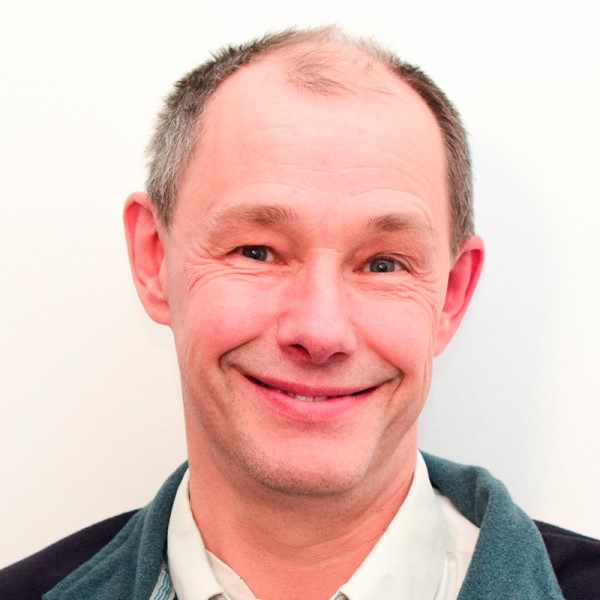
Robert Armstrong
University of St. Andrews
Fellow in Energy Materials
Fellow in Energy Materials
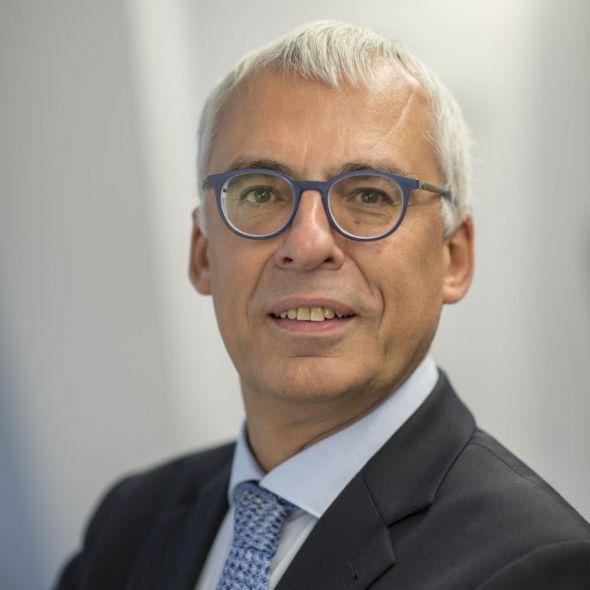
Luc Arnouts
Port of Antwerp
Director International Relations & Networks
Director International Relations & Networks
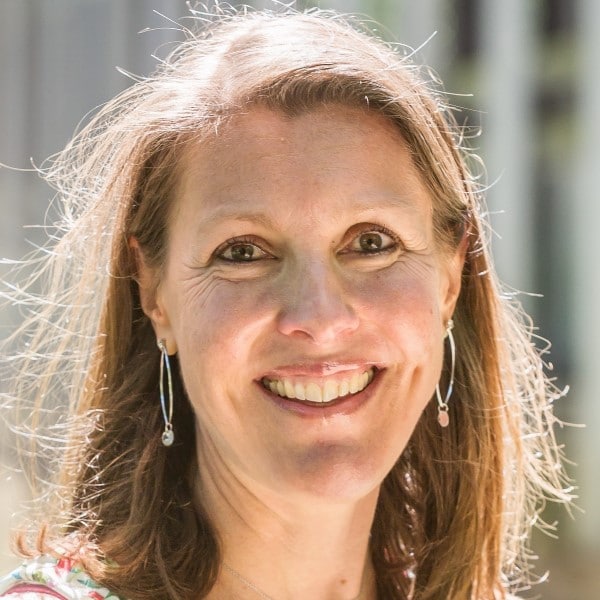
Annemie Bogaerts
University of Anwerp
Professor Chemistry
Professor Chemistry
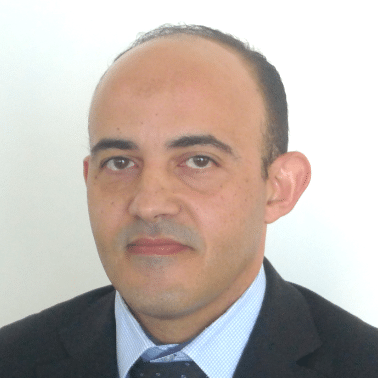
Hicham Bouzekri
Development and Industry Integration, MASEN
Director of Research
Director of Research
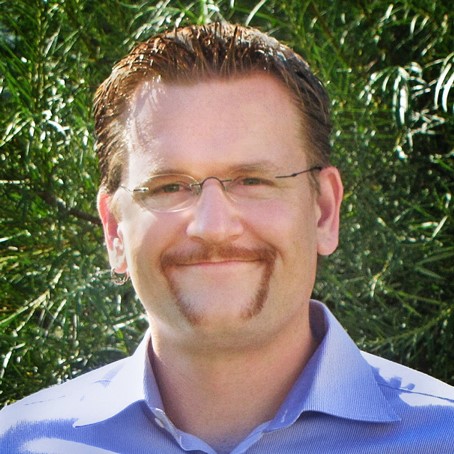
Christian Breyer
Lappeenranta University of Technology
Professor
Professor
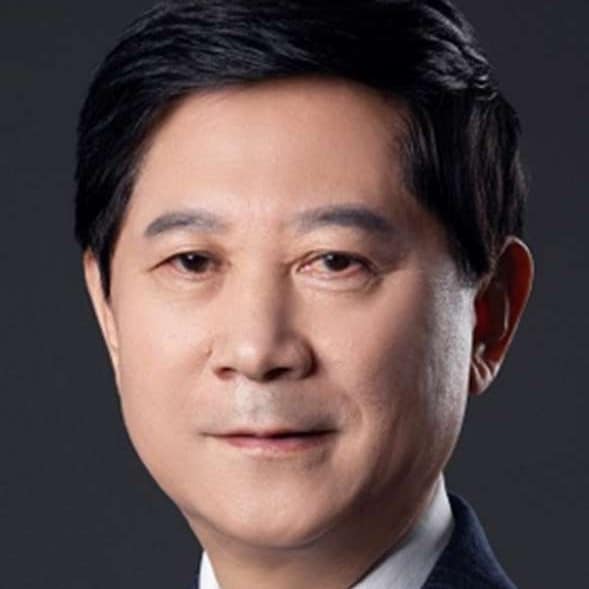
Yi-Bing Cheng
Wuhan University of Technology
Professor
Professor
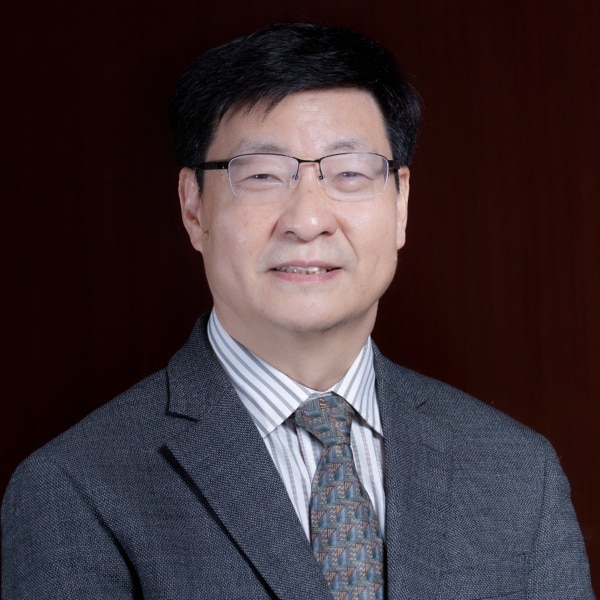
Xu Cheng-Zhong
Faculty of Science and Technology (University of Macau)
Dean
Dean
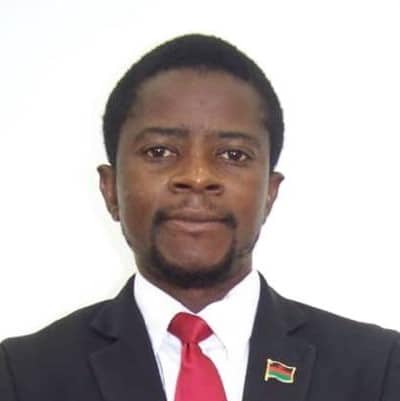
Cassius Chiwambo
Government of Malawi
Director Ministry of Energy
Director Ministry of Energy
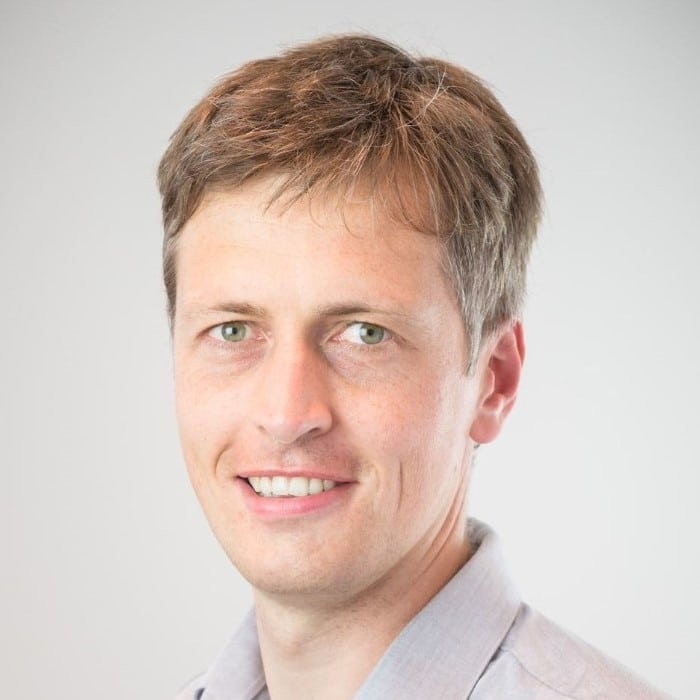
Simon De Corte
Ghent University
Kickstart manager for materials valorisation
Kickstart manager for materials valorisation
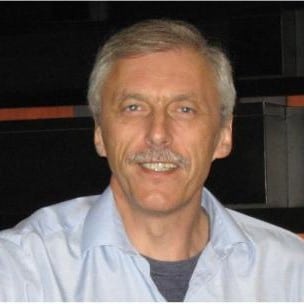
Viacheslav Dementev
Fescom Technologies LTD
Co-Founder and President
Co-Founder and President
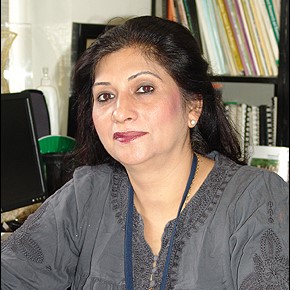
Vibha Dhawan
TERI
Director-General
Director-General
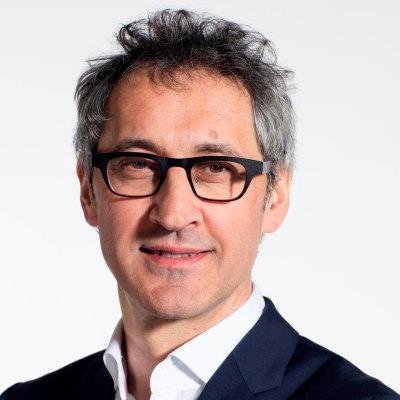
Walter Eevers
VITO
Director of Research & Development
Director of Research & Development
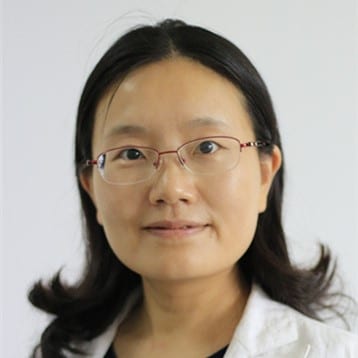
Li Huiyun
Automotive Electronics Research Center
Director
Director
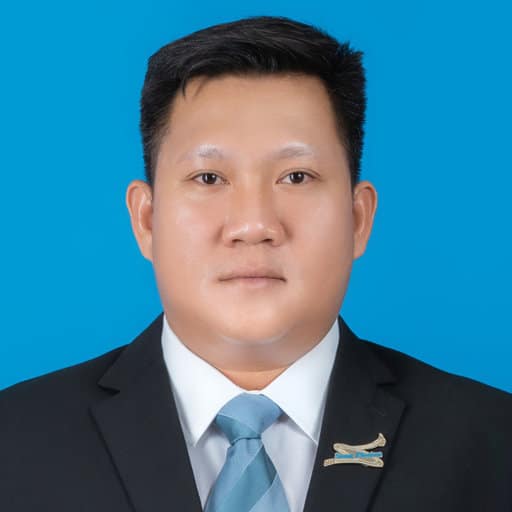
Pinit Kidkhunthod
SUT-NANOTEC-SLRI XAS beamline (BL5.2)
Beamline Manager
Beamline Manager
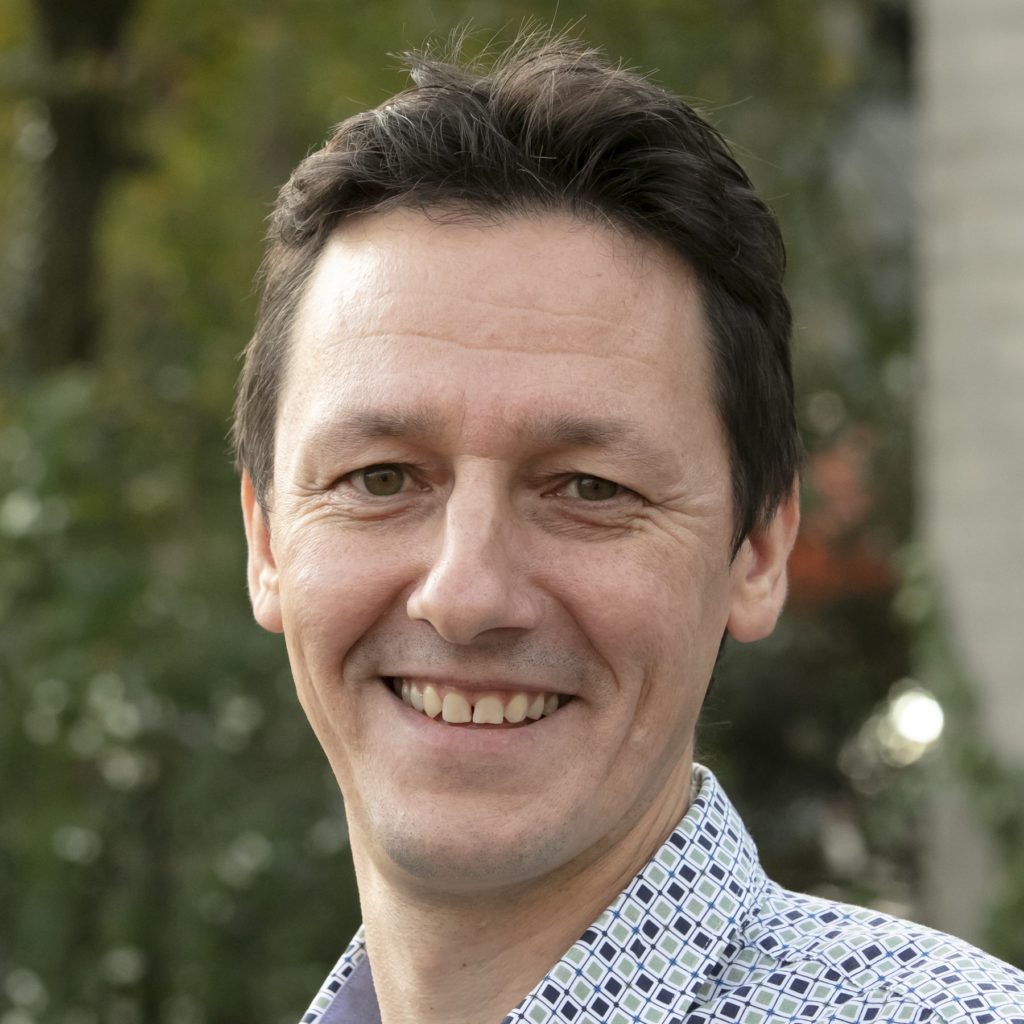
Filip Lefebre
VITO
Urban Climate Service Manager
Urban Climate Service Manager
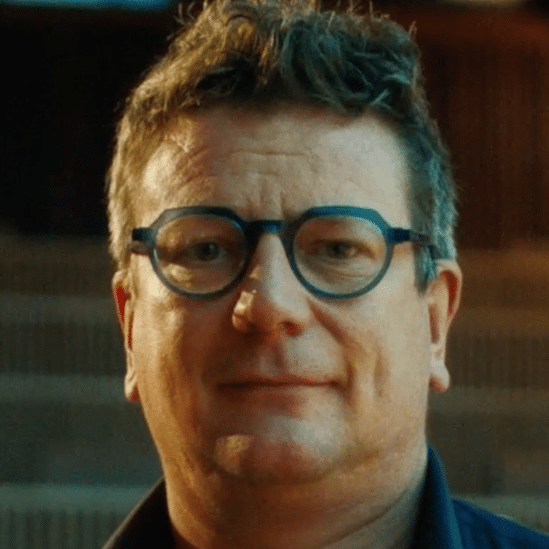
Jan Mertens
ENGIE
Chief Science Officer
Chief Science Officer
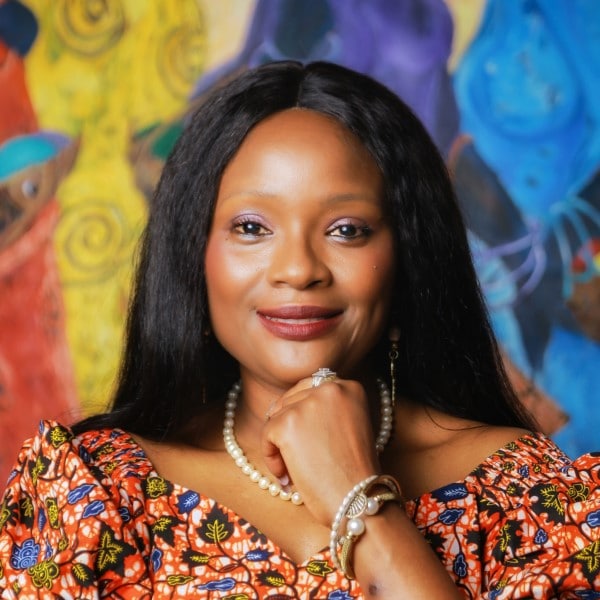
Musonda Mumba
UNDP, Rome Centre for Sustainable Development
Director
Director
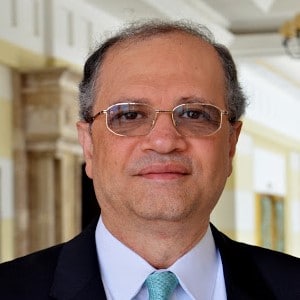
Youssef Nassef
UNFCCC
Director Adaptation
Director Adaptation

David Nevicato
(TBC)
Total
CCUS Business Development
CCUS Business Development
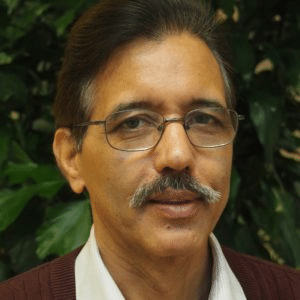
Jyoti Prasad Painuly
UNEP Denmark Technical University Partnership
Senior Researcher
Senior Researcher
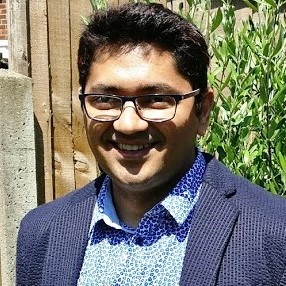
Deepak Pant
VITO
Senior Scientist
Senior Scientist
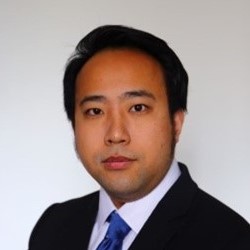
Li Qiran
Shenzhen Institutes of Advanced Technology Chinese Academy of Sciences
Principal Investigator
Principal Investigator
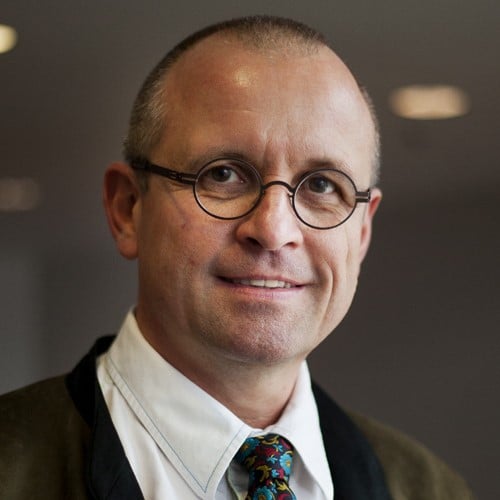
Volker Sick
University of Michigan
Professor Mechanical Engineering
Professor Mechanical Engineering
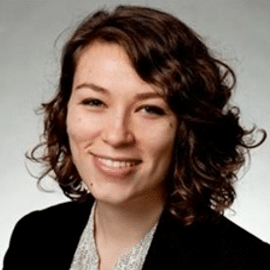
Emma Smith
British Embassy Beijing
Deputy Head of the Energy Policy Team
Deputy Head of the Energy Policy Team
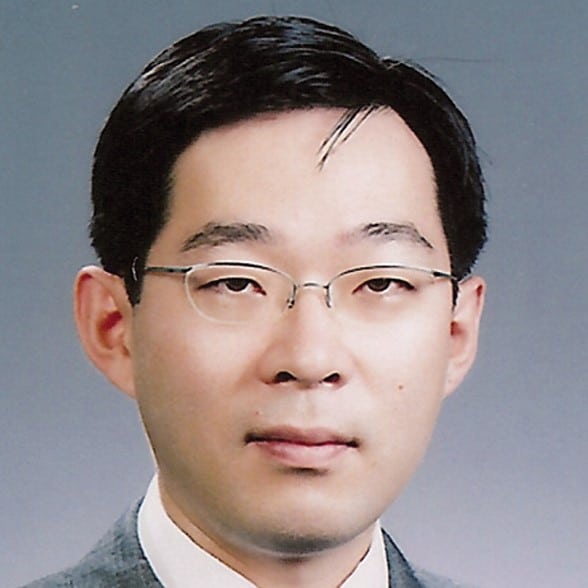
Cha Suk Won
Seoul National University
Professor Department of Mechanical Engineering
Professor Department of Mechanical Engineering
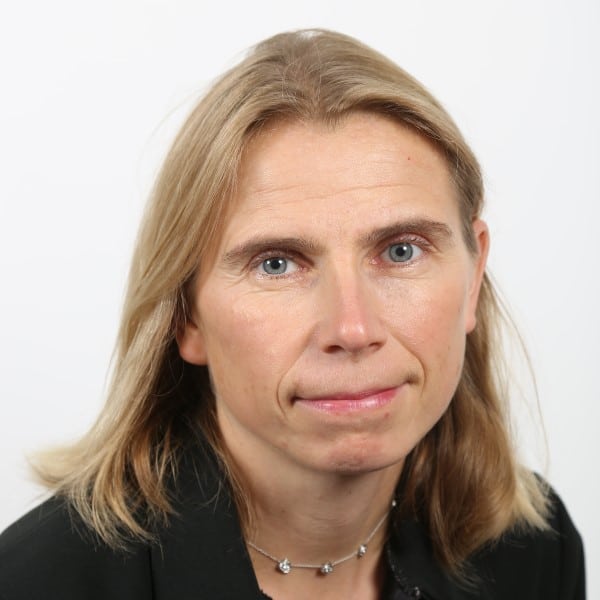
Swenja Surminski
Climate Change & the Environment
Deputy Director
Deputy Director
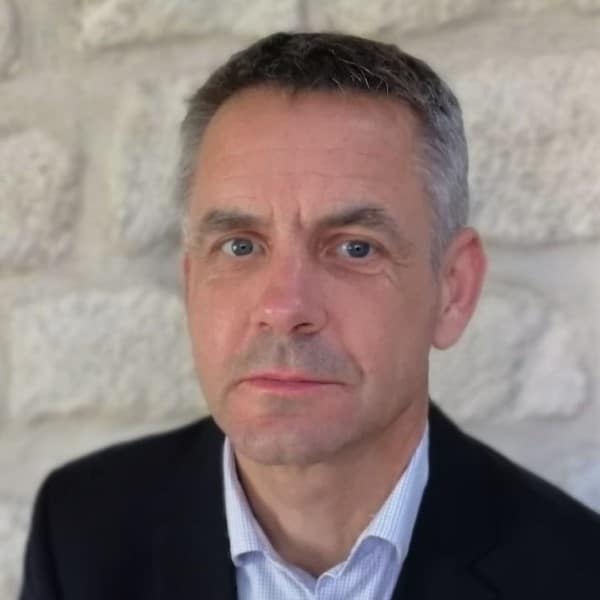
Mark Tandy
TOTALEnergies
Senior Business Developer
Senior Business Developer
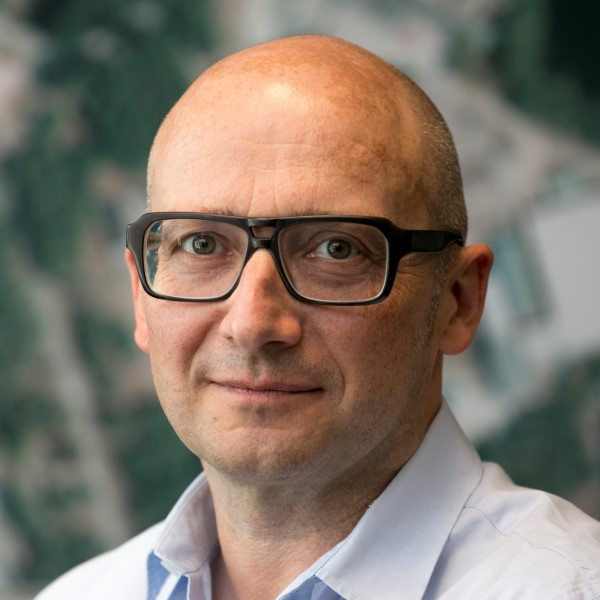
Jan Vaes
VITO
Program Manager Sustainable Chemistry
Program Manager Sustainable Chemistry
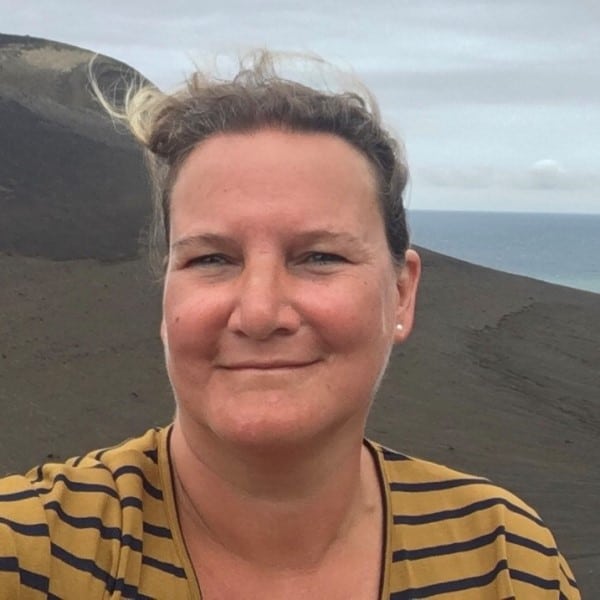
Griet Verstraeten
Department of Environment
Policy Officer Climate Adaptation
Policy Officer Climate Adaptation
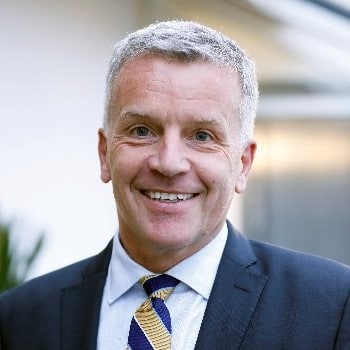
Eirik Wærness
Equinor
Senior Vice President and Chief Economist
Senior Vice President and Chief Economist
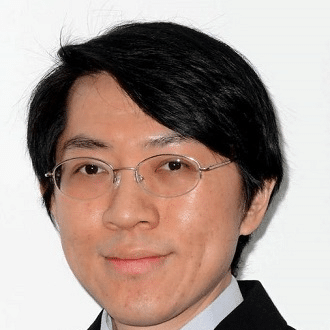
Pak Kin Wong
Faculty of Science and Technology (University of Macau)
Professor, Department of Electromechanical Engineering and Associate Dean (Academic Affairs)
Professor, Department of Electromechanical Engineering and Associate Dean (Academic Affairs)
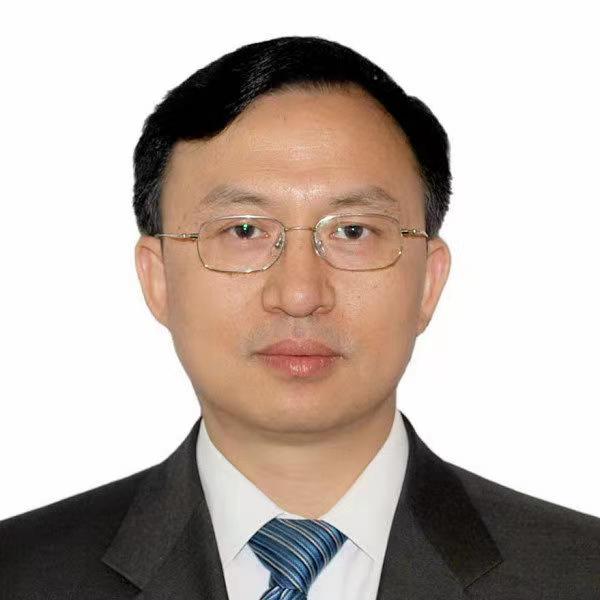
Lu Xuedu
Asian Development Bank (ADB)
Lead Climate Change Specialist
Lead Climate Change Specialist
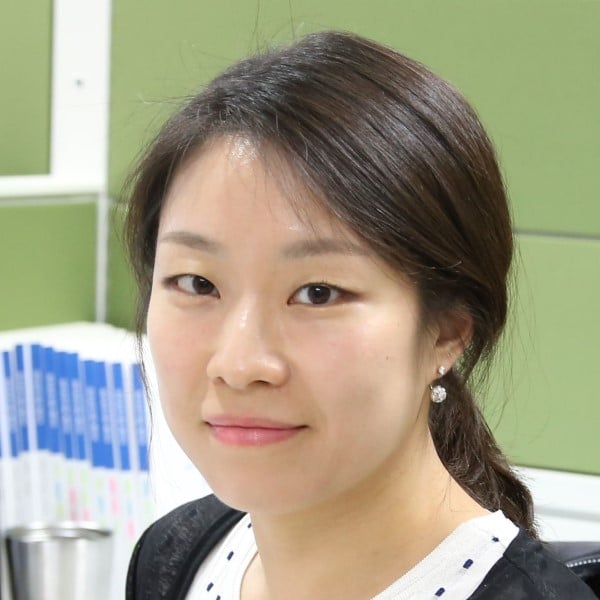
Rywon Yang
Green Technology Center
Senior Researcher
Senior Researcher
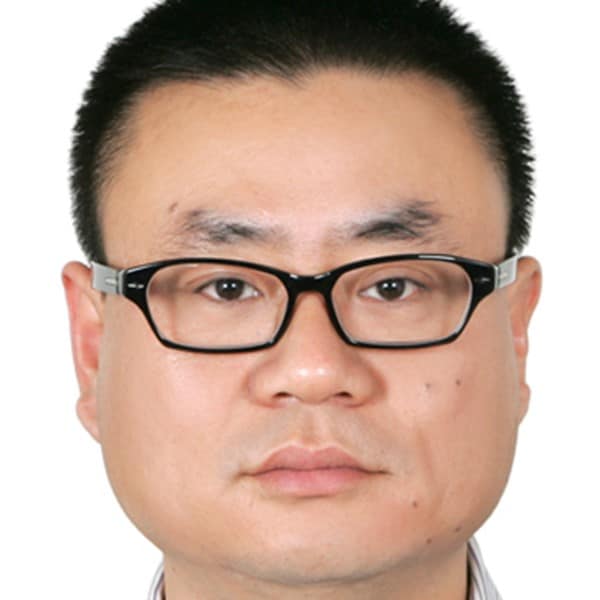
John Zhang
International Technology Transfer Network (ITTN)
Secretary General
Secretary General
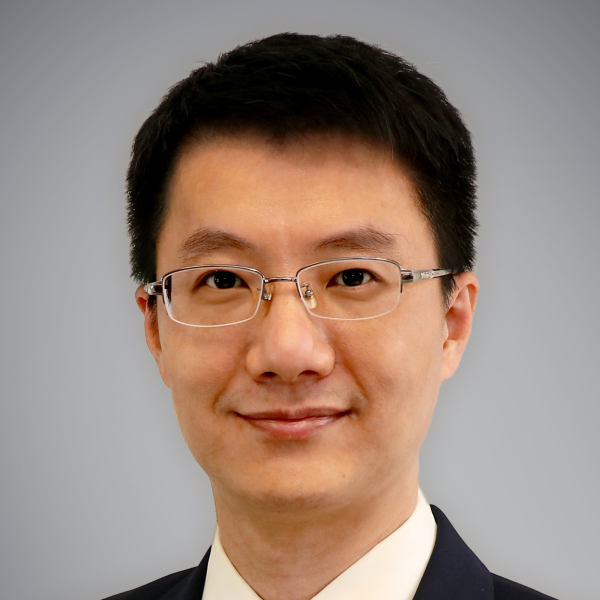
Zijian Zheng
Research Institute of Intelligent Wearable Systems
Associate Director
Associate Director
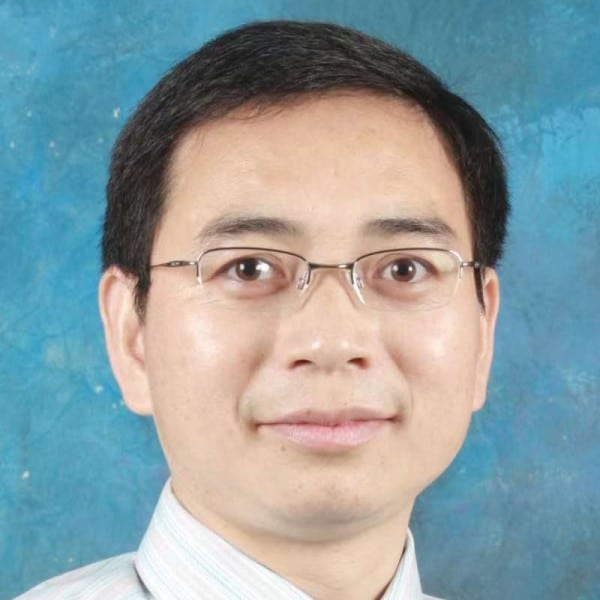
Dalong Zhong
National Institute of Clean-and-Low-Carbon Energy
Chief Scientist
Chief Scientist
